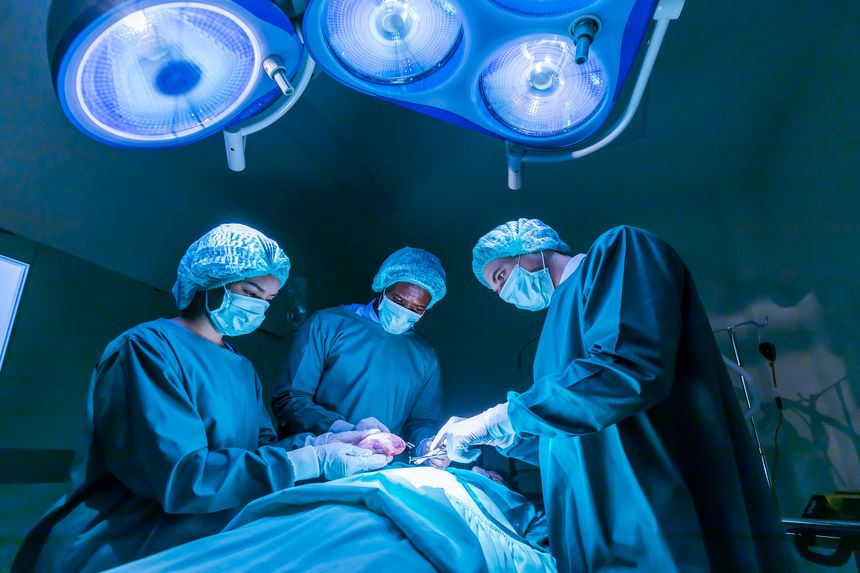Lawyer's concern as Medtronic HeartWare heart pump continued to be used in NHS patients despite safety worries
Two leading NHS cardiac units, the Freeman Hospital in Newcastle and Harefield Hospital in London, continued to use the Medtronic HeartWare left ventricular assist device (LVAD) in patients, despite data published in 2018–2019 showing significantly higher complication rates compared to a competitor device manufactured by Abbott.
Mortality rates for patients with the Medtronic device were reported to be 2.5 times higher than those using the Abbott alternative.
What is the left ventricular assist device
The LVAD is designed to support cardiac function in patients with severe heart failure, either while awaiting a transplant or when a transplant isn't possible.
It helps the heart pump blood effectively when its function is severely weakened, and can be a life-saving intervention. Should the pump fail to work, the heart does not have enough strength to continue to supply blood and oxygen, which can lead to sudden death or stroke.
Early safety concerns
In 2018, NHS Blood and Transplant conducted an audit comparing the two LVADs in use within the NHS, one by Medtronic and the other by Abbott. The findings were stark: 54% of patients with the Medtronic device died within two years, compared to 15% of patients with the Abbott device. Patients with the Medtronic device also experienced significantly more complications.
The Royal Papworth Hospital, one of the UK’s largest heart transplant centres, stopped using the Medtronic device in early 2018, before the audit results were published, after observing rising concerns and reviewing two international studies comparing the devices.
Despite knowledge of this data and the Papworth Hospital deciding to stop using the device, it remained in use in other NHS units.
Worldwide recall
Medtronic withdrew the HeartWare device in June 2021, citing a specific malfunction where the pump could fail to restart or experience delays in restarting, as well as increased neurological adverse events and high mortality rates. A safety notice had been issued in December 2020, but the device remained available for NHS use until its formal withdrawal six months later.
In statements to the BBC as part of an investigation by the news outlet into the use of the devices, both Freeman and Harefield hospitals said the 2018 audit data was “not reliable” and pointed to other publications suggesting the Medtronic device had delivered excellent outcomes for cardiac patients.
Today, the HeartWare device remains implanted in approximately 1,200 patients, who continue to receive monitoring and support from Medtronic.
Expert lawyer's opinion
When a life-saving device is recommended, patients rightly expect that it's supported by robust data and that the safest, most effective option has been chosen. The fact that one NHS unit stopped using the Medtronic HeartWare device years before its official withdrawal, while others continued, raises serious concerns.
A well-functioning LVAD is critical and lifesaving, any risk of malfunction can have devastating, immediate consequences. For patients and families who have suffered complications or injury, knowing that a potentially safer alternative was available but not used demands investigation.
If a patient of a loved one still has the Medtronic HeartWare device implanted, or have experienced complications, they should contact their cardiac team.
However, should they wish to explore legal options, Irwin Mitchell's experienced defective medical device team has represented many clients affected by other types of cardiac device such as ICDs (implantable cardioverter-defibrillators), including devices made by Medtronic. The team can provide guidance and support.
Find out more about Irwin Mitchell's expertise in supporting patients and families affected by defective medical devices at our dedicated defective medical device claims section.

